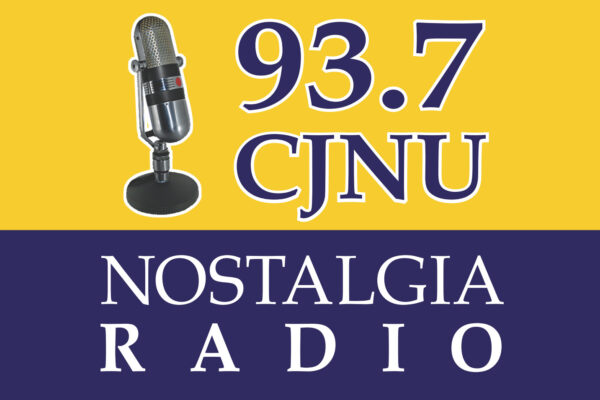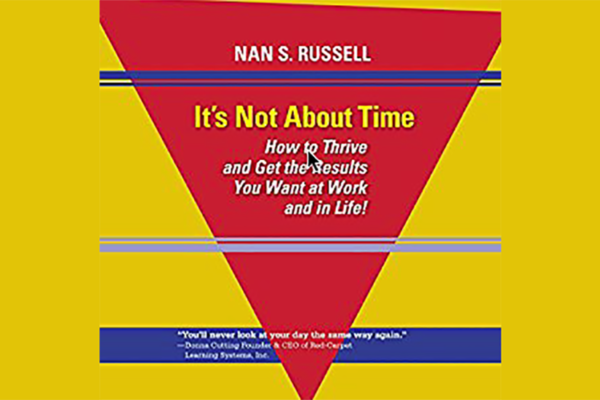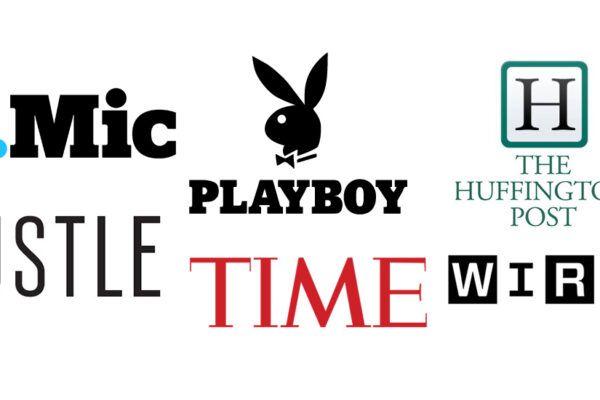In recent years, the world of digital media consumption has witnessed a remarkable shift, with podcasts emerging as the new frontier for entertainment, education, and information. Once relegated to the fringes of the internet, podcasts have now become a mainstream phenomenon, captivating audiences across the globe.
When I was young, I remember hearing about the golden age of radio and finding myself feeling a bit sorry for those whose main form of entertainment was audio only. We were told, not just in song form, that video would kill the radio star. And yet here we are, all these years later, with a major resurgence of audio programming. Let’s look at some reason why that might be.
Accessibility and Convenience
One of the key contributors to the popularity of podcasts is their unparalleled accessibility and convenience. Unlike traditional radio or television shows, podcasts can be enjoyed anytime, anywhere. With the advent of smartphones and other portable devices, listeners can easily tune in during their commute, workout, or even while doing household chores. This on-demand nature of podcasts aligns perfectly with the fast-paced lifestyles of today, providing a flexible and personalized listening experience.
Niche Content and Diverse Topics
Podcasts cater to an extensive array of interests, covering virtually every topic imaginable. From true crime and self-improvement, to science, technology, and pop culture, there is a podcast for everyone. The ability to explore niche content allows listeners to dive deep into subjects they are passionate about, fostering a sense of connection with hosts who share their interests. This diversity of topics sets podcasts apart from traditional media, where content may be more generalized.
Authenticity and Intimacy
Podcasts often feature authentic and unfiltered conversations, creating a sense of intimacy between hosts and listeners. Unlike polished television shows or scripted radio broadcasts, podcasts offer a more genuine and relatable experience. This authenticity fosters a unique connection, making listeners feel like they are part of a community. The conversational tone of podcasts humanizes hosts, fostering a sense of trust and engagement that is difficult to replicate in other forms of media.
Low Barrier to Entry
Creating a podcast has never been easier, thanks to the low barrier to entry. Aspiring podcasters can start with minimal equipment and relatively little investment. Platforms like Spotify, Apple Podcasts, and others provide accessible distribution channels, allowing content creators to reach a global audience with ease. This democratization of content creation has led to an explosion of podcasts covering diverse subjects, contributing to the medium’s overall popularity.
Monetization Opportunities
The growing popularity of podcasts has attracted advertisers seeking to tap into the engaged and loyal listener base. This, in turn, has created opportunities for podcasters to monetize their content through sponsorships, ads, and listener contributions. As a result, more individuals and organizations are motivated to enter the podcasting space, further fueling its expansion.
To Sum Up
The popularity of podcasts can be attributed to a combination of factors, including accessibility, diverse content, authenticity, ease of entry, and monetization opportunities. As podcasts continue to evolve and adapt to changing trends, it is evident that they have become a powerful and enduring medium that resonates with audiences worldwide. Whether you’re a seasoned podcast enthusiast or a newcomer exploring this dynamic realm, the ever-expanding landscape of podcasts promises something for everyone, making it an exciting era for both creators and listeners alike.



